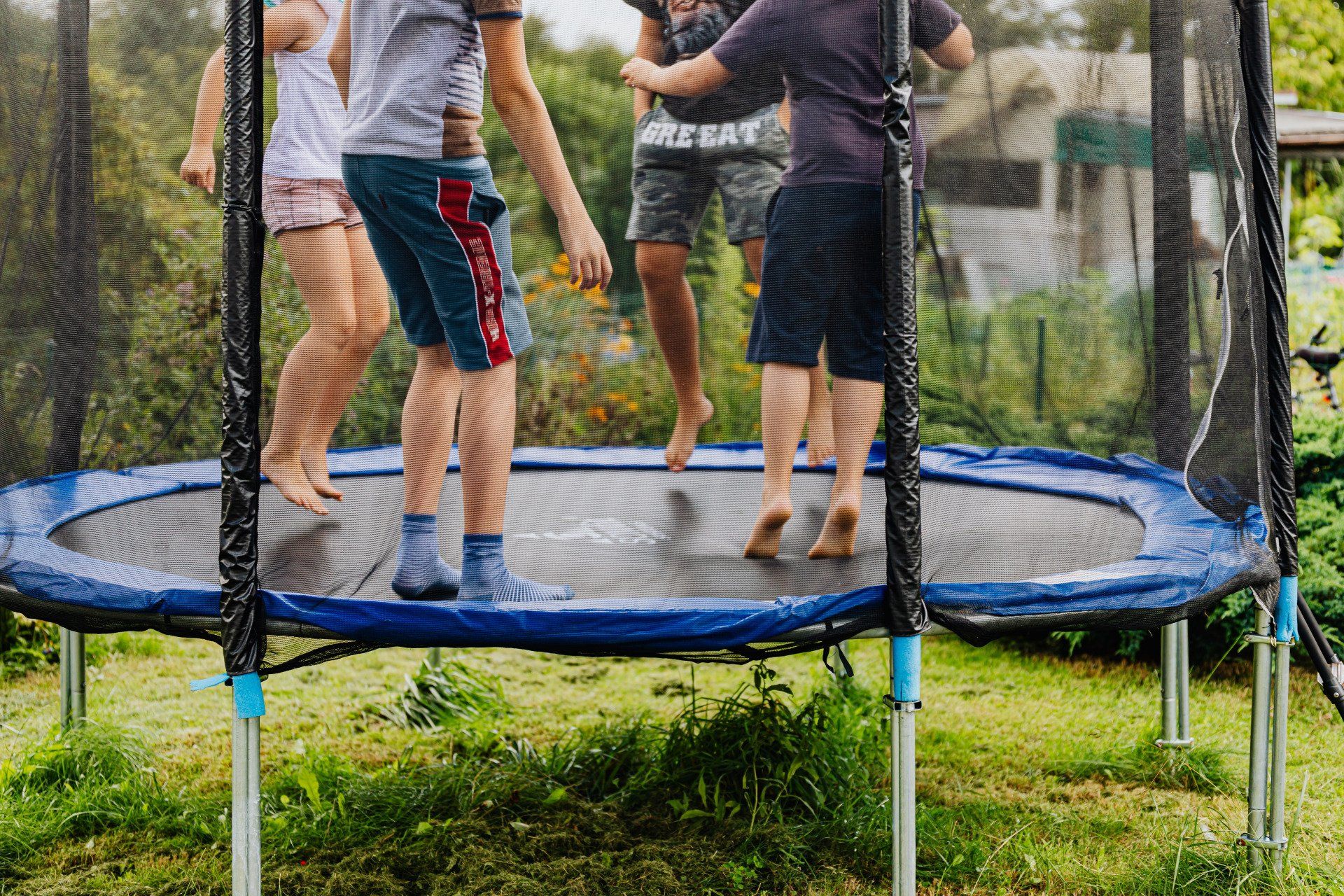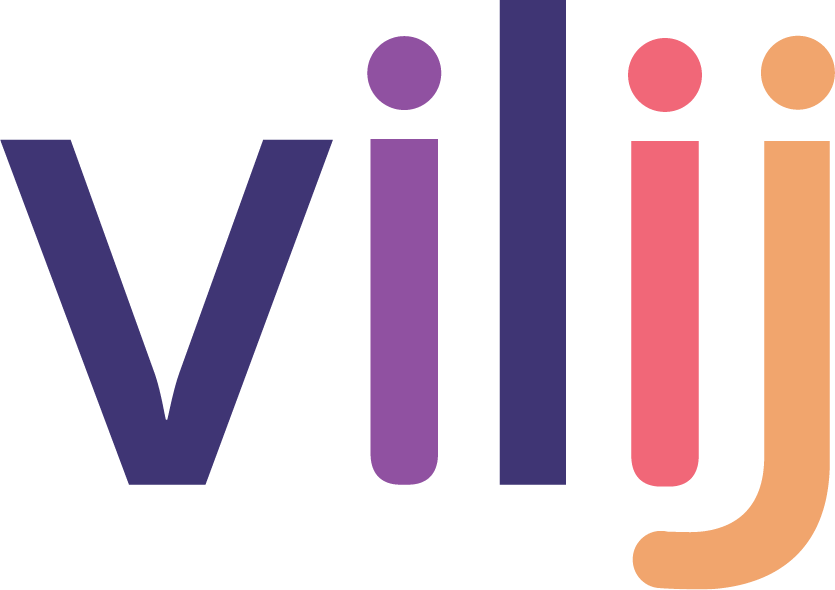The Hidden Cognitive Load on Parents of Autistic Children — And How We Can Support Them
Why Understanding Mental Bandwidth Matters for Families and Workplaces Alike
Parenting a child with autism reshapes the way you see the world — not because it’s harder, but because it requires a deeper level of awareness, planning, and emotional presence. It’s a role filled with joy, fierce love, and immeasurable growth. But it also comes with a layer of constant mental effort most people never witness.
If you’re a working parent, caregiver, or professional raising a neurodivergent child, you’re carrying more than tasks — you’re carrying cognitive load, the invisible weight of anticipating, coordinating, and supporting a child who experiences the world differently.
This blog is for you — and for every employer, educator, or colleague who wants to better understand the families they serve.
What Cognitive Load Really Means for Neurodivergent Families
The American Psychological Association defines cognitive load as the total mental effort being used in working memory. For parents of autistic children, this effort multiplies because daily life requires:
- anticipating sensory triggers
- managing therapy and school schedules
- tracking behavior plans and supports
- coordinating with providers
- advocating in multiple systems
- preparing backup plans for transitions
- practicing emotional co-regulation
Research consistently shows that parents of autistic children experience significantly higher parenting stress than other parents. For example, Davis & Carter found elevated stress in both mothers and fathers of toddlers with ASD, strongly tied to child behavior demands (Davis & Carter, 2008)
“Parents of autistic children don’t just plan their day — they plan around the world.”
And this mental load doesn’t just appear early — it persists. A study on mothers of autistic children reported higher stress and increased risk for depression and emotional fatigue (Phetrasuwan & Miles, 2009)
The Mental Bandwidth No One Sees
Families of autistic children face complexity not because their children deviate from neurotypical peers, but because the challenges and barriers they face in their environments aren’t designed for neurodiversity. This leads to what psychologists call chronic cognitive strain — ongoing mental effort with no built-in recovery.
Recent findings show:
- Parents of autistic children report greater stress than parents of both neurotypical children and children with other developmental conditions (Zovko et al., 2024)
- Parenting stress strongly predicts reductions in quality of life across emotional, physical, and social domains (Vasilopoulou & Nisbet, 2016)
- In a 2024 study, chronic parenting stress among parents of young autistic children was directly linked to lower overall life satisfaction (Dijkstra-de Neijs et al., 2024)
The cognitive load is real. And it’s measurable.
How This Affects Working Parents
A widely cited
Harvard Business Review article notes that cognitive overload — not hours worked — is the strongest predictor of burnout. Parents of autistic children often enter the workday already mentally taxed. This isn’t a lack of commitment. It’s a lack of cognitive margin.
“It’s not your capability. It’s your bandwidth.”
The Caregiver Burden Research Is Clear
Studies consistently show high caregiver load in families of autistic children:
- Over 75% of caregivers report mild–moderate burden, and about one-third report high burden (van Niekerk et al., 2023)
- Parents describe facing a “mountain of practical problems” requiring ongoing coping strategies to maintain balance (Bhusal et al., 2025)
This is why many parents feel mentally exhausted even on days with no major events — the load is cumulative.
What Actually Helps: Support That Reduces Cognitive Load
The hopeful part? Research also shows that support works! A growing body of research shows that when parents of autistic children are offered structured support—whether through cognitive-behavioral or acceptance-based groups, mindfulness programs, or skills training—their stress decreases and their well-being improves.
A systematic review found that cognitive-based interventions (e.g., CBT-informed strategies, mental-organization tools, structured planning) significantly improved psychological health in parents of children with developmental disabilities (Ferraioli & Harris, 2013)
That means the right tools — structure, support, co-regulation skills, coaching — can genuinely lighten the load. Here’s what helps both at home and in workplaces:
- Predictability: Consistent schedules, clear expectations, and stable routines benefit children — but they reduce parental cognitive load as well.
- Flexible Work Environments: Flexible scheduling, remote options, and predictable meeting culture allow parents to use their cognitive resources where they matter most.
- Community & Social Support: Studies repeatedly show that strong support networks buffer the impact of parenting stress.
- Acceptance Over Perfection: Be kind to yourself, everyone is going through their own journey and there is no one right way to do things.
“Your good enough is already more than enough!"
Why Employers Should Care
Support for parents of autistic children is not just compassionate — it’s an investment in workforce well-being.
When caregivers feel supported:
- burnout decreases
- focus and clarity improve
- retention increases
- emotional intelligence strengthens workplace culture
This aligns with years of organizational psychology research and insights published in Harvard Business Review on cognitive capacity, psychological safety, and the role of supportive leadership.
A Narrative for Every Parent Carrying the Invisible Load
It’s late — later than you planned — and the house is finally quiet. The dishwasher hums in the background. There’s a small pile of therapy papers or school emails you meant to sort through, but your brain is too tired to look at them. Your phone still has unread messages. There’s a backpack on the floor that should’ve been emptied. Tomorrow’s lunch hasn’t been packed. And yet… you’re here, breathing in the first still moment of the day.
You replay the tiny victories — the smile during breakfast, the moment of connection, the meltdown that ended sooner than expected, the new word, the brave transition, the way your child leaned into you for comfort.
“You also replay the hard parts. Because that's what parents of autistic children do - not out of worry, but out of love."
You mentally plan tomorrow, troubleshoot next week, and carry a running list in your head of what might help your child feel safe, supported, regulated, understood. This is the cognitive load no one sees. And yet you carry it with strength, grace, and a kind of resilience most people will never understand. But here’s the part you might not hear often enough: You shouldn’t have to carry it alone.
Support shouldn’t be a luxury. Understanding shouldn’t be rare. Compassion shouldn’t depend on who happens to be in the room. Whether you are a parent, a grandparent, a caregiver, or a working professional doing your best to hold several worlds together at once — your experience matters. Your mental load matters. And your well-being deserves attention, care, and community.
At Vilij ABA, we see the layers you manage. We see the effort. We see the love. We see the invisible work that makes your child’s world steadier, safer, and more joyful.
And we want you to know:
- There is support.
- There is help.
- There is space for you here.
You don’t have to have it all together.
You don’t have to be perfect.
You don’t have to carry every load by yourself.
Your “good enough” has always been more than enough.
Whenever you’re ready, we’re here.
To listen.
To walk with you.
To support your child — and you,
too.
Accountability
|
Integrity
|
Empathy
|
Collaboration










